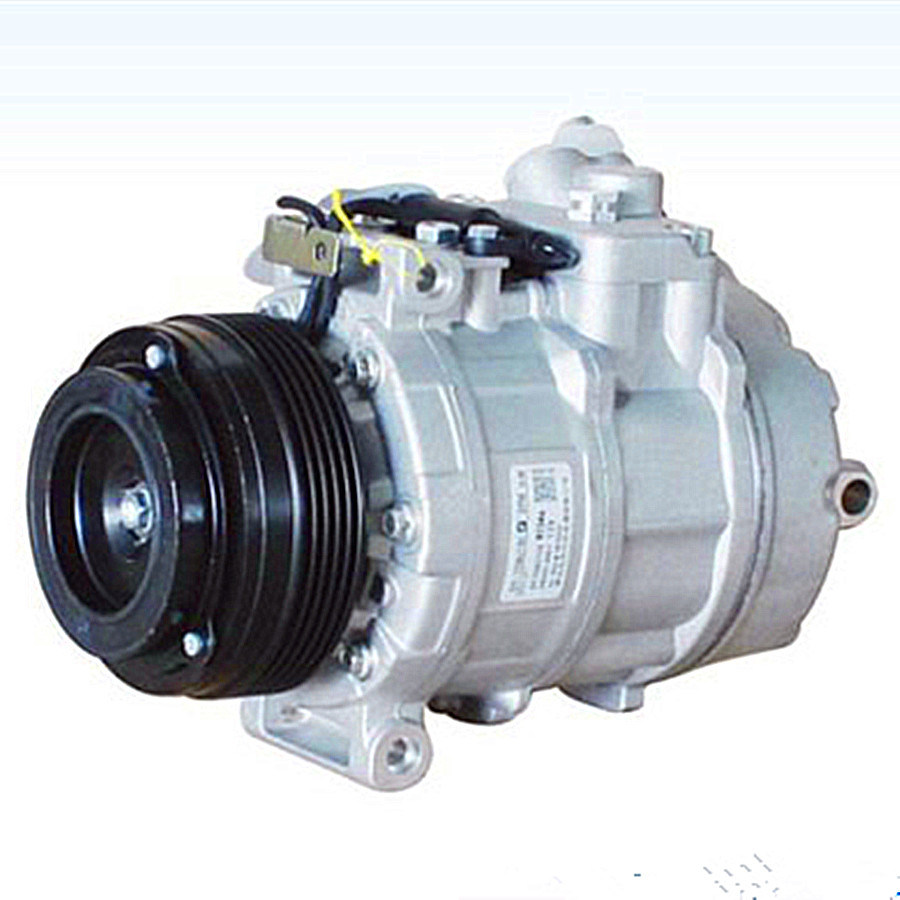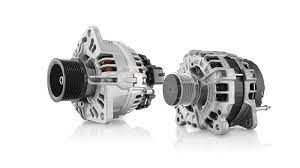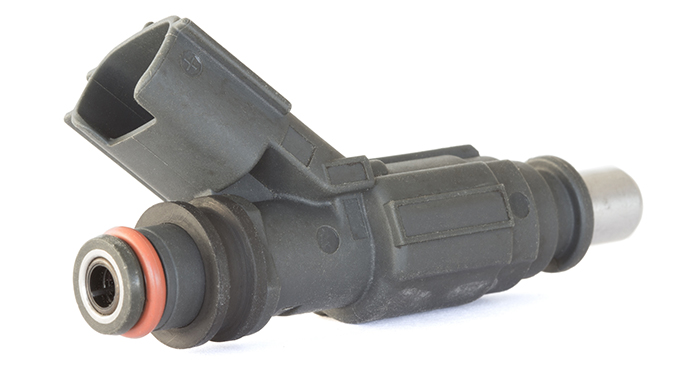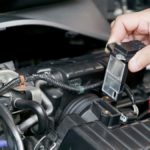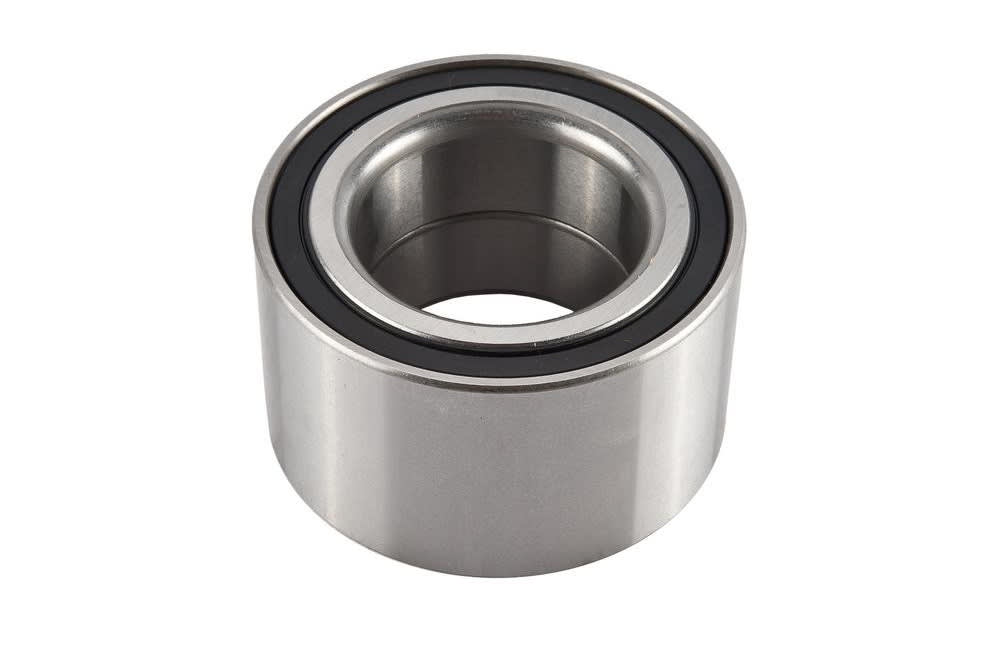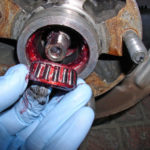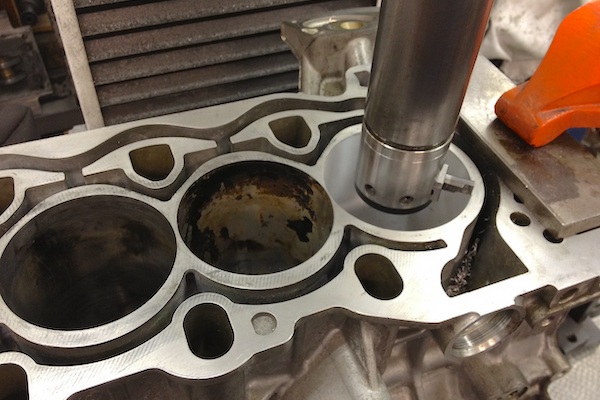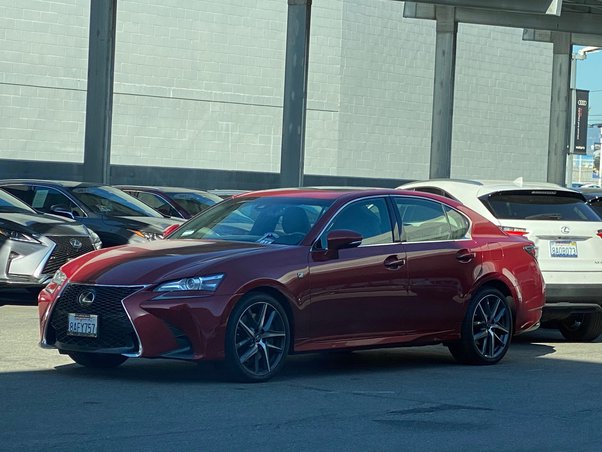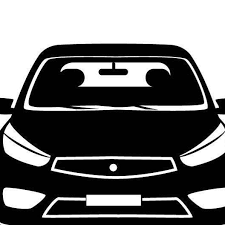
A bad wheel bearing can cause serious problem to a car. In today’s article we are going to focus on signs of bad bearings and corrections. Wheel bearings may appear like small, almost irrelevant components of your car compared to the always-visible and more physical ones, they still have the respective functions they are in charge of.
They should also be cared for, given how they last is solely dependent on how much consciousness and effort you invest in their maintenance. It is a very simple phenomenon. If you want your wheel bearings to work well and last long for you, you have to take care of them properly.
So what are wheel bearings? Let’s have a look.
Read also; Common Car engine problems and solutions
- What Is A Wheel Bearing?
In the wheel assembly of your car, there is a certain part that establishes a connection between the wheel and the axle. That’s where the wheel bearing lies.
A wheel bearing comprises of small steel balls and is of two different forms – ball bearings and tapered bearings. The balls are then held firmly together by a metal ring. The primary function of the wheel bearings is for the smooth and easy rotation of the wheel.
They also help ensure that there is little friction around the wheel area and are well designed to contain the likely damages caused by either breaking, acceleration, as well as gravitation. When they are not working perfectly or as they should, they should therefore be replaced as soon as possible.
- How Long Does It Last?
Generally speaking, the tendency of your wheel bearing lasting long is solely dependent on its quality, and the conditions under which you use them. That is, the longevity of your wheel bearing is determined not just by how original it is, but also how (carefully) you use it.
However, if we are to average their lifespan under normal conditions, they last between 136,000 and 160,000 kilometers. Calculating by miles, it would be between 85,000 and 100,000 miles.
- How To Make Your Wheel Bearing Last Longer
Making your wheel bearing last longer is as easy as making it have a shorter lifespan. If you wish to make your wheel bearing last longer, endeavor not to get it stressed or worked out. You should also carry out routine maintenance in your car and extend it to your wheel bearing.
Doing anything different would mean you are preparing to get it replaced without stretching its full lifespan yet.
- Why Do Wheel Bearings Fail?
Yes, wheel bearings do fail. Below are the main reasons that lead to the failure of wheel bearings.
- Improper Installation:
When installing the wheel bearings, ensure the whole process is done with the appropriate tools. If you do not use the right tools, there’s a huge chance of you causing wreckage even before the installation is complete.
You should also do well to replace old accessories with new ones. For top performance and to get quality results, get rid of old circlips, split pins, seals, nuts, and bolts and replace them with entirely new ones. The fresher they are, the higher their performance rate.
Also, the continued usage of old accessories could lead to a level of damage as high as a car accident.
- Bad Roads:
When driving, always try to avoid potholes, hitting the curbstone, or driving over speed bumps because they don’t help matters. If you drive under these conditions a lot, there would be a direct negative impact on the wheel bearings, leading to a drastic reduction in their lifespan.
- Reverse Quality of Wheel Bearings:
If you buy wheel bearings that are the reverse of the ones with top quality, you definitely won’t have anything like top quality in return. Despite how small they appear, wheel bearings perform a lot of work and if you make use of the ones that are short of the original, there would be a dip in the performance, leading to early wear and damage.
- Conditions of Driving:
You should try to avoid driving through mud or deep water as doing that is a very fast route to getting your wheel bearings damaged quickly. Also, if the bearings establish contact with too much road salt or dust, the particles could penetrate their seals, breaking into them and contaminating the grease present in them.
If this happens, there is only one outcome – slow and steady damage to the bearings.
- Modifications of Your Car:
If your wheel is showing signs of damage and you want to replace it, ensure you’re replacing it with the appropriate material. Using wheels that are oversized as replacements would lead to future maintenance problems and possibly permanent damage to the bearings.
Not just the wheels, if you want to replace other components like shock absorbers, springs, and runs, make sure you’re using what is compatible with your car. If not, you could stand the risk of being involved in an accident.
Read also: Symptoms of bad bearings
Signs Of Bad Bearings:
- Noise: The noise you hear coming from the wheel bearing area is the most notable sign you will get. You hear sounds like growling noise, rumbling or humming sounds, and they are always loud and unbearable. The noise increases in sync with how much you accelerate.
- Steering Wheel Looseness: When the bearings start to get damaged, one other sign you notice is that the steering starts to become loose. The looseness can also be detected through the kind of sound coming from the wheel bearing area.
- Dysfunction: There is a disruption in how the bearings work. They would no longer allow for the smooth rotation of the wheels, causing stiffness and friction in motion.
- Your ABS Starts To Malfunction: The faulty bearings will also lead to a disruption in the ABS sensor functionality. The sensor will fail when the bearings allow it to.
- Corrections
You can always stop your wheel bearings from going all bad and unusable. There are some certain actions you should take and some others that you should avoid if you want them to last as long as they should for you.
Here are the ways to correct early damage to your wheel bearings.
- Ensure You Avoid Rough Driving Conditions: One of the best ways to avoid your bearings going bad is by taking care of them. One of the best ways to take care of them is to ensure you don’t expose them to poor conditions. Having said that, you should protect them from excess water, dust, road salt, and mud.
- Proper Maintenance: Immediately you notice that your bearings are showing signs of subtle damage, get them repaired before the damage gets worse.
- For Replacements, Go For Quality: If they have gotten damaged till the point of getting them replaced, you should always buy top quality. Remember; the longevity of your bearings depends on their quality.
Thanks for reading our article on Signs Of Bad Wheel Bearings And Corrections . If your car has this issue, please contact a mechanic as soon as possible

